Who we are & What we do
OverTheBlock is a Links Foundation’s initiative carried out by a multidisciplinary team of innovation researchers under the directorship of Enrico Ferro. The aim is to promote a wider awareness of the opportunities offered by the advent of exponential technologies in reshaping the way business is conducted and society is governed.
More specifically, the work carried out looks at the interplay between technological evolution, strategic management and public policy with the intent to provide key decision makers with:
Most editorial outputs produced by OverTheBlock are publicly available. The research activities are financed through H2020 competitive grants as well as contracts from private corporations.
If you believe our work is useful, do not hesitate to get in touch for discussing collaboration opportunities.


Business Models
How blockchain may reshape the way in which business is conducted.
A business model represents how a business generates, delivers and appropriates value.
Innovative business models – either hand in hand with technological innovation or technology-independent – are emblematic of our time (eg: servitization, multi-sided platforms, unbundling, razors and blades, etc..).
The advent of distributed ledger technologies opens new avenues to business model innovation for both blockchain-native and traditional ventures. The investigation activities conducted by our team on this topic focus on gaining a deeper understanding of:
- the role of tokens in business model innovation
- how tokens may be leveraged to generate a competitive advantage
- the relationship between token design and business model design
- how blockchain-based business models impact on competitive dynamics
- whether blockchain will contribute to further shift the focus of business model design from an enterprise-centric to an ecosystem-centric activity

Community Empowerment
How blokchain may be leveraged to build a new breed of global commons.
Over the last twenty years we have witnessed a shift in the way businesses are designed and run. More specifically, the traditional pipeline ventures characterised by linear supply chains, asset heavy balance sheets and labour intensive activities have been challenged by so called two or multi-sided platforms enjoying a number of benefits in terms of: return on assets, cost-effectiveness and scalability. Platform models do not represent the final stop in the evolution of how business is conducted. In this respect, blockchain enables the creation of decentralised autonomous organizations of communities (DAOs/DACs) that may represent an emerging paradigm characterised by more radical levels of decentralization and automation as well as a better incentives alignment among stakeholders involved (shareholders, employees and customers).
The investigation activities conducted by our team on this topic focus on gaining a deeper understanding of:
- the continuum of implementation options available in the adoption of DAO-like paradigm
- how communities may be turned into competitive advantages
- how blokchain may be leveraged to build a new breed of global commons
- what managerial practices may be leveraged to shift from a command and control to connect and collaborate paradigm
- how traditional open innovation initiatives may evolve into DAOs/DACs

Tech Convergence
How blockchain may be combined with AI and IoT to improve value chains.
Distributed ledger technologies may provide a significant contribution towards driving the world into the next web paradigm, but for sure they do not represent the only necessary ingredient for this transition to occur. Other exponential technologies such as artificial intelligence and the Internet of Things will coevolve and intertwine with immutable ledgers and smart contracts in the generation of value chains revolving around the data generation, processing and valorization activities.
The investigation activities conducted by our team on this topic focus on gaining a deeper understanding of:
- whether blockchain may democratize the process of algorithm development
- how blockchain contribute to the creation of a machine-to-machine economy
- whether blockchain may facilitate the creation of a more explainable and accountable AI
- how blockchain may be made smarter by relying on oracles leveraging AI
- how combining DLT, AI and IoT may deeply transform supply chains performance
